prolonged nausea after surgery
/postoperative-nausea-tips-3156893_V2-01-a563b0c0c4ac49e6ac18e18420b6c1e3.png) Nausea and Vomiting After Surgery
Nausea and Vomiting After SurgeryTry our Symptom Checker Test our Symptom Checker Update to Patient Pro's Disease After Anesthesia In this series This pamphlet is provided by the , the professional body responsible for specialty throughout the UK, ensuring the quality of patient care by maintaining standards in anesthesia, critical care and pain medicine. In this articleStudy after anesthesiaSome words explained - this is an unpleasant sensation, it usually feels in the area of the stomach, which can also be described as 'fever' queasy' or 'feeling sick'. It often feels with the urge to vomit. Trend articles When will I get my COVID-19 vaccine? 1Quiz: Am I depressed? 2Coronavirus: How fast do the symptoms develop COVID-19 and how long?3COVID-19: how to treat coronavirus in the home4 Quiz: Am I pregnant? 5 Coronavirus: What are asymptomatic and mild COVID-19?6Quiz: Do I have OCD?7 What your vaginal odor might mean8 What causes vaginal odor after sex? 9 Precious stone diet sheets10 Why do you constantly need to urinate11The best way to treat a herpes outbreak12 Is it safe to delay your period for your vacation? 13Quiz: Do I have diabetes?14Quiz: When will I have my first period? 15 What causes your pelvic pain? 16 What you need to know about post-viral fatigue17 When should you worry about neck pain? 18When you worry about night sweats19How to treat constipation and stools hard to overcome20How to orgasm easier during sex21IBS Diet Sheet22Coronavirus: What is COVID-19 moderate, severe and critical?23 What causes headache and brain fog? 24 Can women take Viagra? 25 What could be causing your pins and needles? 26When should you worry about skin labels? 27When you worry about the points in the penis28 What happens to your body when you come out of the pill? 29 Are new COVID-19 exchange tests accurate? 30 - this means being sick. It is the act of emptied the stomach, or 'renunciate'. PONV - these letters are used to mean postoperative nausea and vomiting. "Post-operative" means it happens after the operation. - are medicines that help prevent or treat nausea and vomiting. General anesthesia - this is a state of controlled unconsciousness during which you feel nothing and can be described as 'anaestetized'. Regional anesthesia - this implies an injection of local anesthesia that is part of your numbing body. Be aware, but free from the pain in that part of your body. You may know more about general and regional anesthesia in the brochure. Will I feel sick after my operation? Not everyone feels sick after surgery or anesthesia, although it is a very common problem. In general, about one third of people (1 in 3) will experience a sensation of disease after having an operation, but it depends on what operation you are having, what anesthesia and other medicines you receive, and who you are (see below). Why do some people feel sick after operations? There are several factors that we know that affect how likely you will feel sick after an operation. The operation you are having Some operations cause more disease than others - for example: Your anesthetist will be able to tell you if your operation is likely to cause nausea and postoperative vomiting. Medicines that are used It is known that some medicines cause disease, including: Who areSome people are most likely to suffer from postoperative disease: Other reasons I felt bad after my last operation. Will I feel sick after this operation? Not necessarily. But if you have had illness after surgery before, you are more likely to have it again than if you have had an anesthesia before without any illness. How long does the feeling of illness last? Usually, the sensation of disease lasts an hour or two, or for after treatment. Uncommonly, it can be prolonged and last longer than a day. You want to talk to a pharmacist? Book a private phone call today with a local pharmacist. Can you feel sick after an operation hurts me? Feeling sick or vomiting after an operation is distressing and unpleasant. It can make the pain of your operation feel worse, especially if you are vomiting or retching (treating to be sick, but nothing appears). It can be delayed when you start eating and drinking after your operation. This can keep you in the hospital longer. Rarely, if vomiting is severe and lasts a long time, it may result in other more serious problems, such as damage to your site of operations, tears to your esophagus (gullet), or damage to your lungs. Can you do something to keep me from feeling sick after my operation? Yes, although the risk of disease can never be completely eliminated. Your anesthetist will evaluate your risk of disease when you visit before your operation. There are several ways your anesthetist can change your anesthesia to reduce your chance of getting sick. If you are worried about the disease, or have experienced it after an earlier operation, it helps if your anesthetist knows. Is there any treatment available if I feel sick after my operation? Yeah. If you feel sick after your operation, the methods used to prevent you from feeling sick can also be used to treat it. For example, you may be given antiemetic drugs (anti-fermity) and intravenous fluids. The aromatherapy can also help: smelling alcohol from frost (also called isopropyl) can help you feel better. It is much easier to relieve the feeling of disease if it is treated before it gets too bad. So, you should ask for help as soon as you feel sick. What medicines can give me and have side effects? Antiemetic drugs can be given as a tablet or as an injection. Injections may be given intravenobly in the cannula or in the leg or muscle of the buttock. Intravenous injections work faster and more reliable and avoid the need for another needle. The same medications are used to prevent and treat the disease after surgery. There are several different types. A combination of antiemetic drugs can be given, as this is more effective than a given medication itself. All medicines have some side effects, although with antiemetics they are usually minor and temporary, or rare. The following are antiemetic drugs commonly used with their side effects. How likely you have the side effect is given in square brackets. Can I do something to avoid feeling sick? Yeah. After surgery: Where can I get more information? If you would like to ask further questions about the type of anesthesia planned for your operation, please contact your local hospital or clinic before entering the hospital. Most hospitals provide an evaluation clinic before admission, with staff of experienced surgical nurses and anesthetists. This is a good time to ask any questions you have. ReferencesContent used with permission of the website Royal College of Anaesthetists: (April 2013, due to its review April 2016). Copyright for this brochure is with the Royal College of Anaesthetists. Headache after AnaestheticNerve Damage after AnaestheticJoin our weekly digestion of well-being of the best health experts in the business Related information Someone has been in the position of having an abandoned sigmoidoscopia as there was still stool in the rectum after the enema. I have to go back and have 2 enemas next time as a constipation sufferer... poundlady13Has anyone been in the position of having an abandoned sigmoidoscopy since there was still stool in the rectum after the enema. I have to go back and have 2 enemas next time as a constipation sufferer that... do you feel bad? Evaluate your symptoms online with our free symptoms checker. Disclaimer: This article is only for information and should not be used for the diagnosis or treatment of medical conditions. Patient Platform Limited has used all reasonable care in gathering information but does not guarantee its accuracy. See a doctor or other health care professional for diagnosis and treatment of medical conditions. For more details see our . Headache after AnaestheticNerve Damage after AnaestheticOur clinical information is certified to comply with the NHS England Information Standard. The patient aims to help the world proactively manage their health, providing evidence-based information on a wide range of health and medical issues to patients and health professionals.© Patient Platform Limited. Registered in England and Wales. All rights reserved. The patient does not provide medical advice, diagnosis or treatment. Number registered: 10004395 Office registered: Fulford Grange, Micklefield Lane, Rawdon, Leeds, LS19 6BA. The patient is a trademark in the United Kingdom.
/postoperative-nausea-tips-3156893_V2-01-a563b0c0c4ac49e6ac18e18420b6c1e3.png)
Nausea and Vomiting After Surgery
/postoperative-nausea-tips-3156893_V2-01-a563b0c0c4ac49e6ac18e18420b6c1e3.png)
Nausea and Vomiting After Surgery
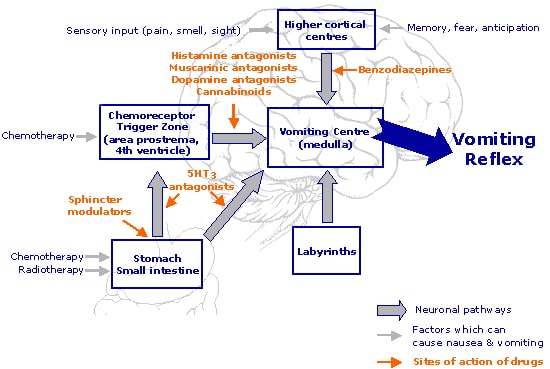
Post-Operative Nausea and Vomiting - TeachMeSurgery
/woman-holding-stomach--cropped-view-90246246-5aa1ab4feb97de00363803dc.jpg)
Treament for Nausea and Vomiting After Surgery
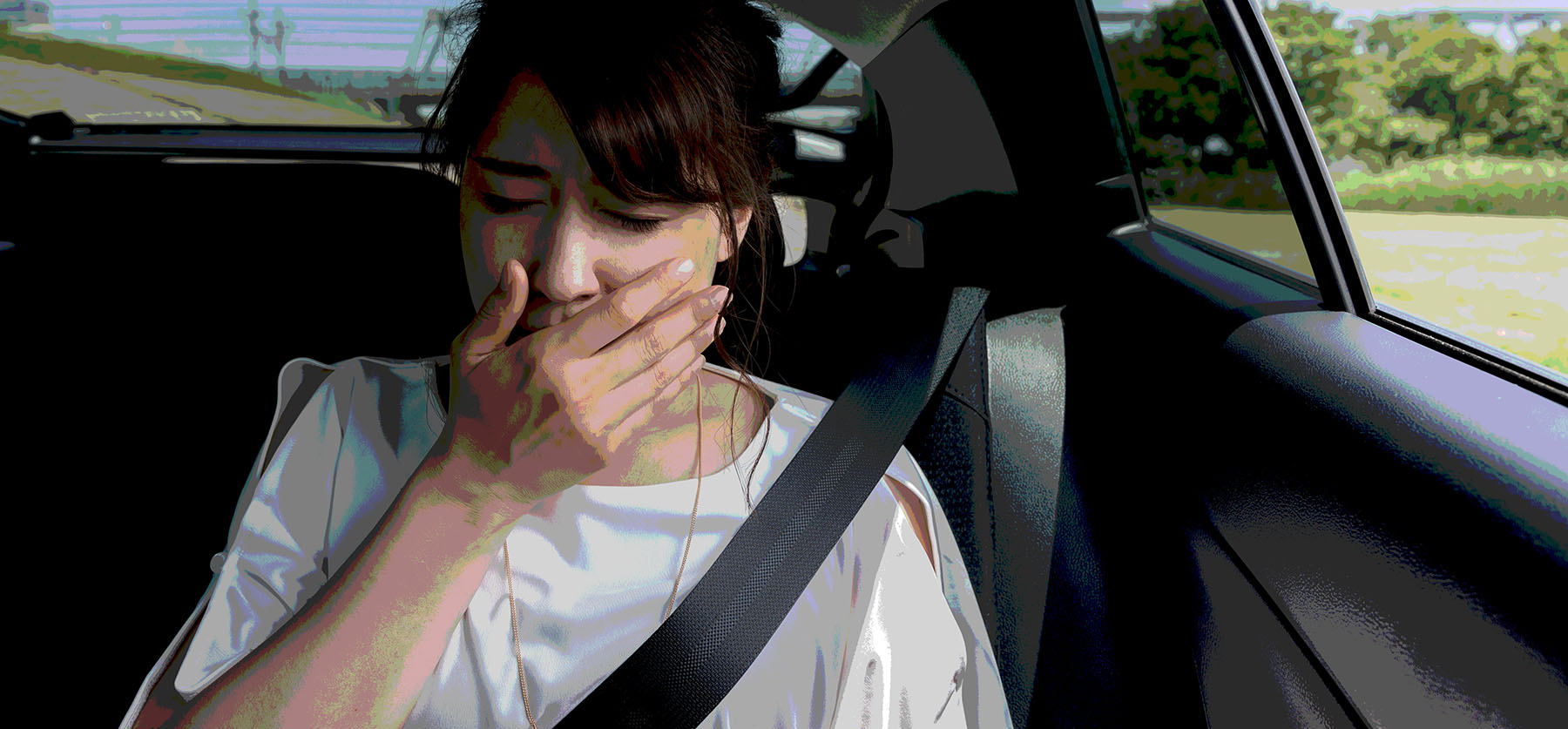
Sick After Anesthesia? Here's How to Reduce Post-Op Nausea & Vomiting

Answers Fall Short for Nausea After Surgery - The New York Times

Nausea and vomiting in a colorectal ERAS program: Impact on nutritional recovery and the length of hospital stay - Clinical Nutrition ESPEN
:max_bytes(150000):strip_icc()/GettyImages-597979926-57f93c3b5f9b586c3576dae5.jpg)
Treament for Nausea and Vomiting After Surgery
/glass-of-dissolving-medicine-with-vomiting-man-in-background-171631861-59f37067aad52b0010ea33b6.jpg)
Nausea and Vomiting After Surgery
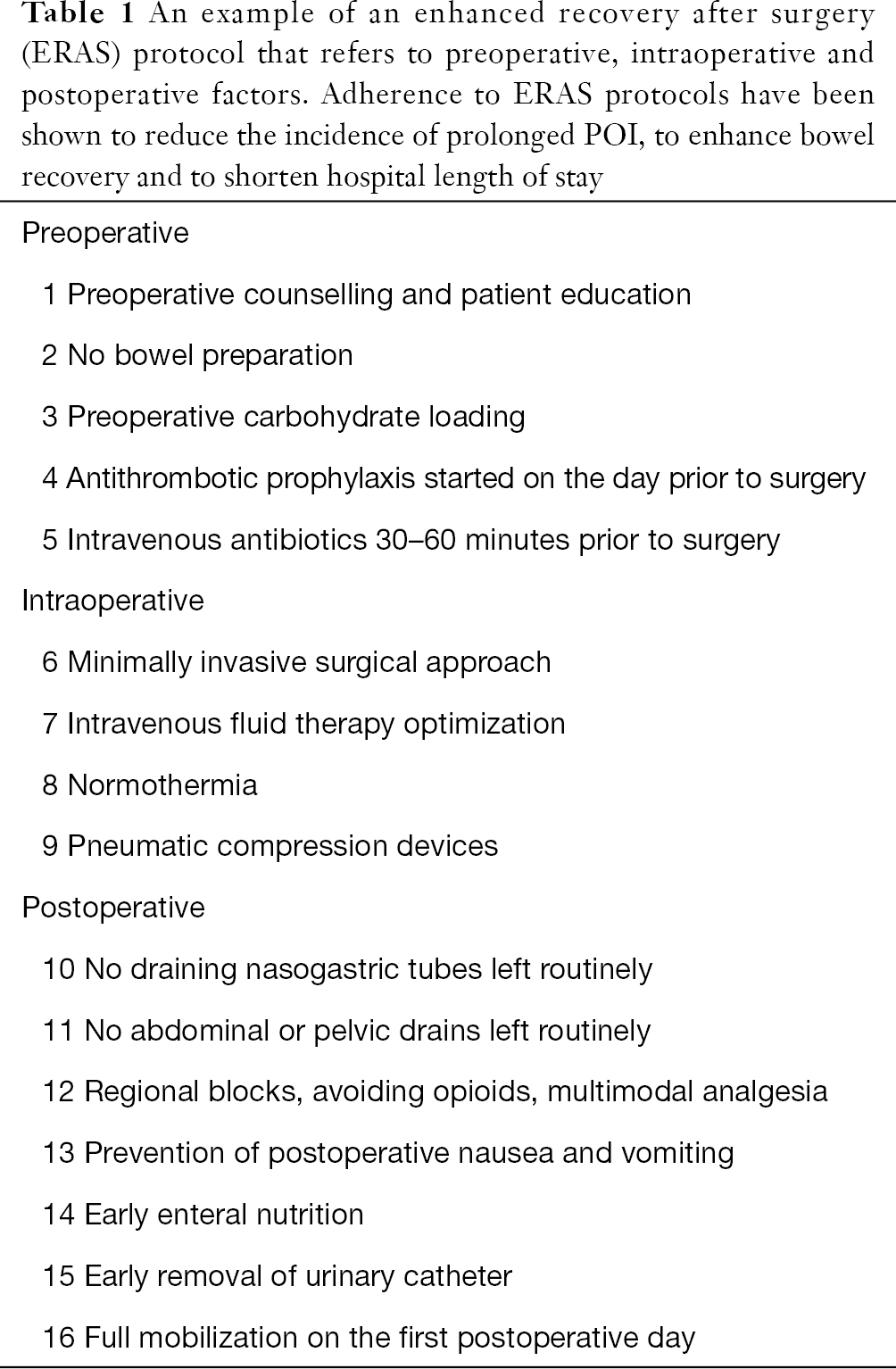
Prolonged postoperative Ileus: what should be done to improve patient outcome? - Shussman - Annals of Laparoscopic and Endoscopic Surgery

Postoperative nausea and vomiting (PONV) risk factors in adults related... | Download Scientific Diagram
Postoperative nausea and vomiting: a review of the "minor-major" problem

Loss of appetite and nausea: Why does it happen?

Nausea and vomiting - Gastroenterology

Perioperative nutrition: Recommendations from the ESPEN expert group - ScienceDirect
PONV AN0307

A survey of pediatric surgeons' practices with enhanced recovery after children's surgery - Journal of Pediatric Surgery

Evaluation of Nausea and Vomiting: A Case-Based Approach - American Family Physician

PDF) Comparison of ramosetron and ondansetron for the treatment of established postoperative nausea and vomiting after laparoscopic surgery: A prospective, randomized, double-blinded multicenter trial
Pain Control After Surgery: Symptoms, Treatment

PDF) Comparison of palonosetron, granisetron, and ramosetron for the prevention of postoperative nausea and vomiting after laparoscopic gynecologic surgery: A prospective randomized trial
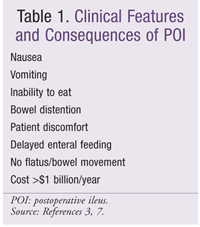
Treatment Options for Postoperative Ileus
Society for Pediatric Anesthesia - SPA News - spa session II

Side Effects of General Anesthesia: Short-Term and Long-Term Effects

Dexamethasone versus standard treatment for postoperative nausea and vomiting in gastrointestinal surgery: randomised controlled trial (DREAMS Trial) | The BMJ
Nausea & Vomiting: Treatment & Care
:max_bytes(150000):strip_icc()/stool-changes-after-surgery-4108810_FINAL-33a56f7c8ec7456baa82fc62fbf6011a.gif)
Understanding Stool Changes After Surgery
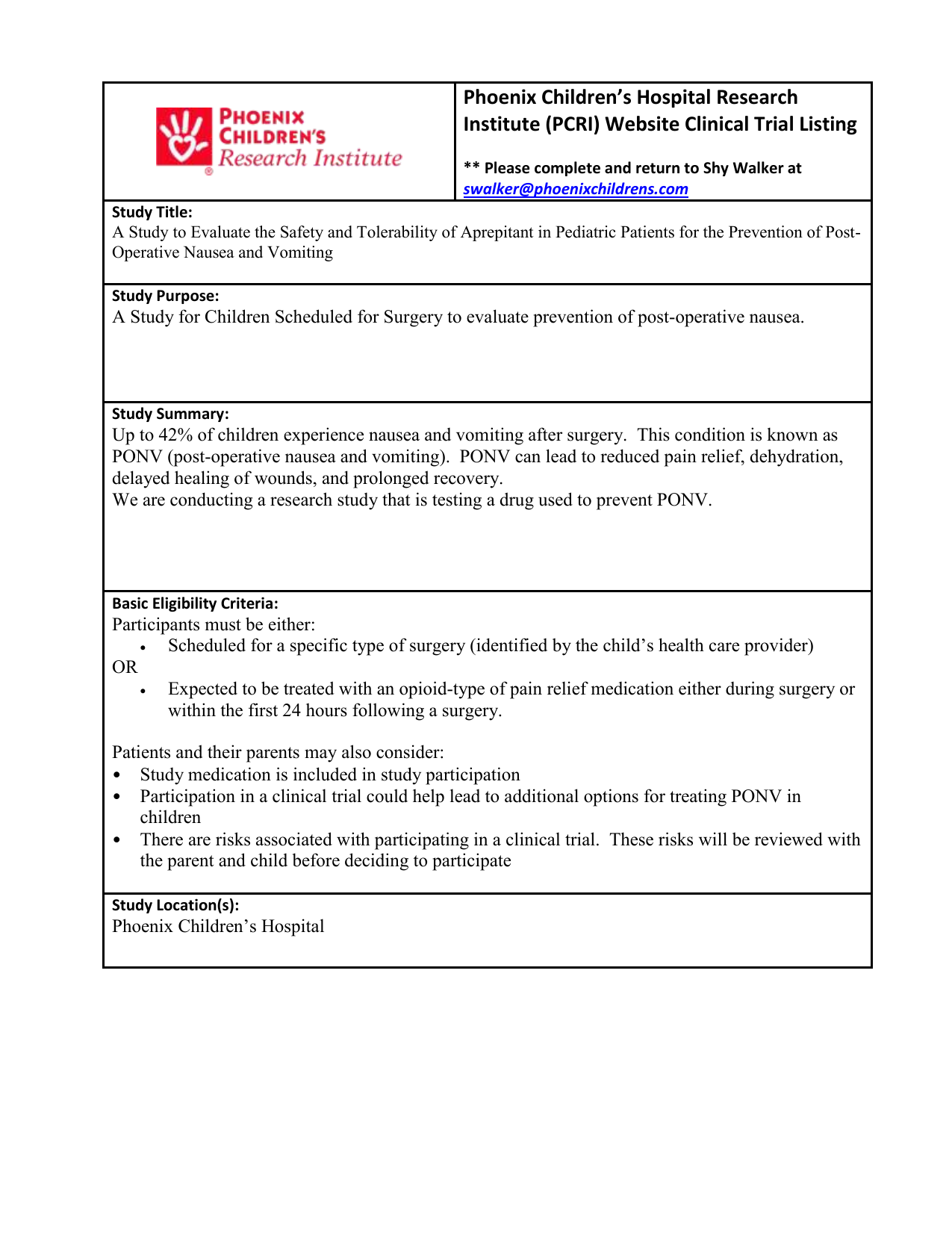
Notrica-Post Op Nausea Study

Enhanced Recovery After Surgery Pathways - Urologic Clinics
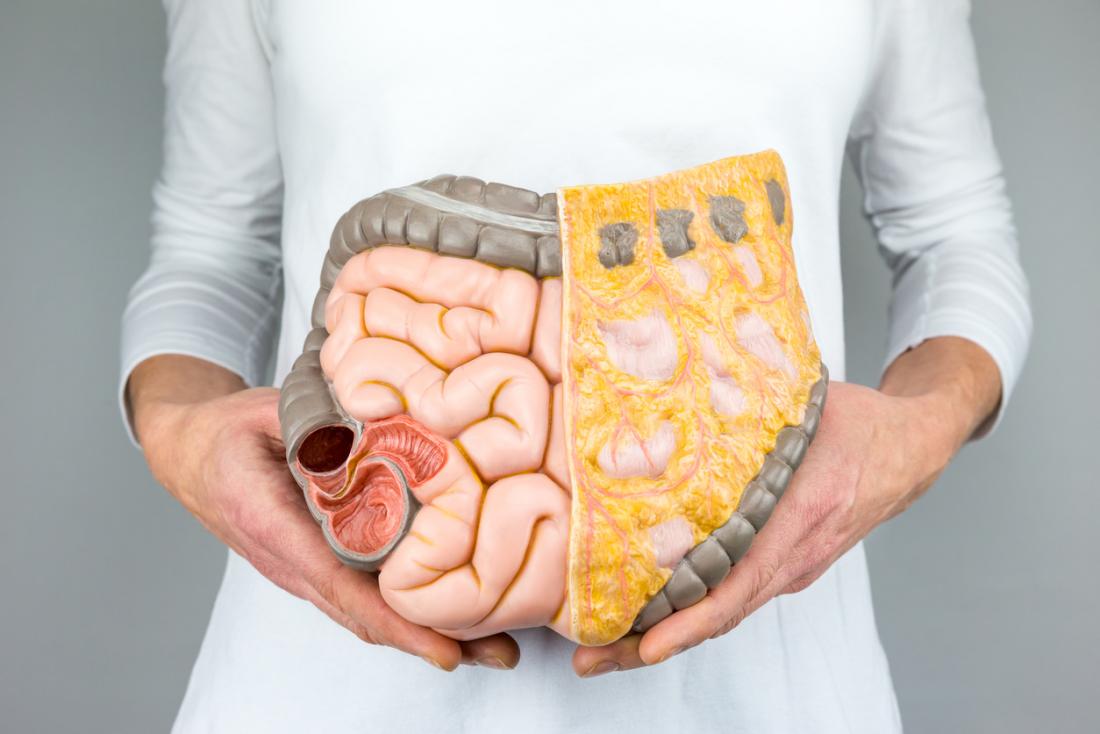
Nausea after eating: Symptoms, causes, and treatment
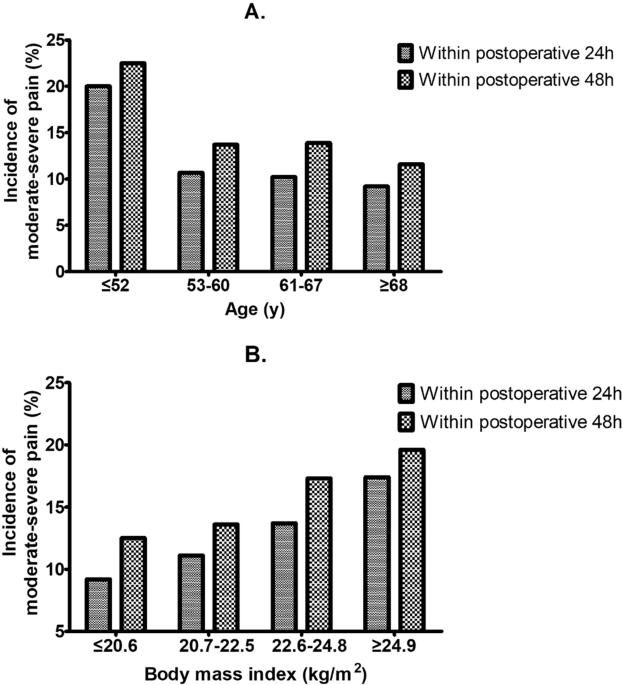
Moderate-severe postoperative pain in patients undergoing video-assisted thoracoscopic surgery: A retrospective study | Scientific Reports
Post-Operative Instructions for Carpal Tunnel Release

The coronal aorto‐mesenteric orientation theory for post‐operative nausea and vomiting following scoliosis surgery in children: a pilot study,ANZ Journal of Surgery - X-MOL

Nausea and vomiting: Causes, treatments, and tips
Basrah Journal Of Surgery Khalid Shakir Abdul-kareem , Mazin H Al-Hawaz & Jasim D Saud

Vomiting in Children | American Academy of Pediatrics

Post-Operative Nausea and Vomiting - TeachMeSurgery

Incidence of postoperative nausea and vomiting following gynecological laparoscopy: A comparison of standard anesthetic technique and propofol infusion - ScienceDirect

Dumping syndrome after esophageal, gastric or bariatric surgery: pathophysiology, diagnosis, and management - Beek - 2017 - Obesity Reviews - Wiley Online Library
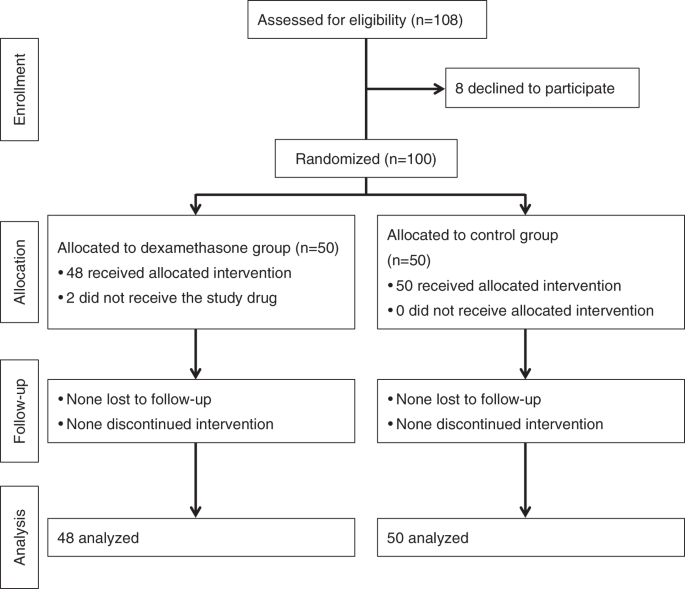
Effects of prophylactic dexamethasone on postoperative nausea and vomiting in scoliosis correction surgery: a double-blind, randomized, placebo-controlled clinical trial | Scientific Reports
Posting Komentar untuk "prolonged nausea after surgery"